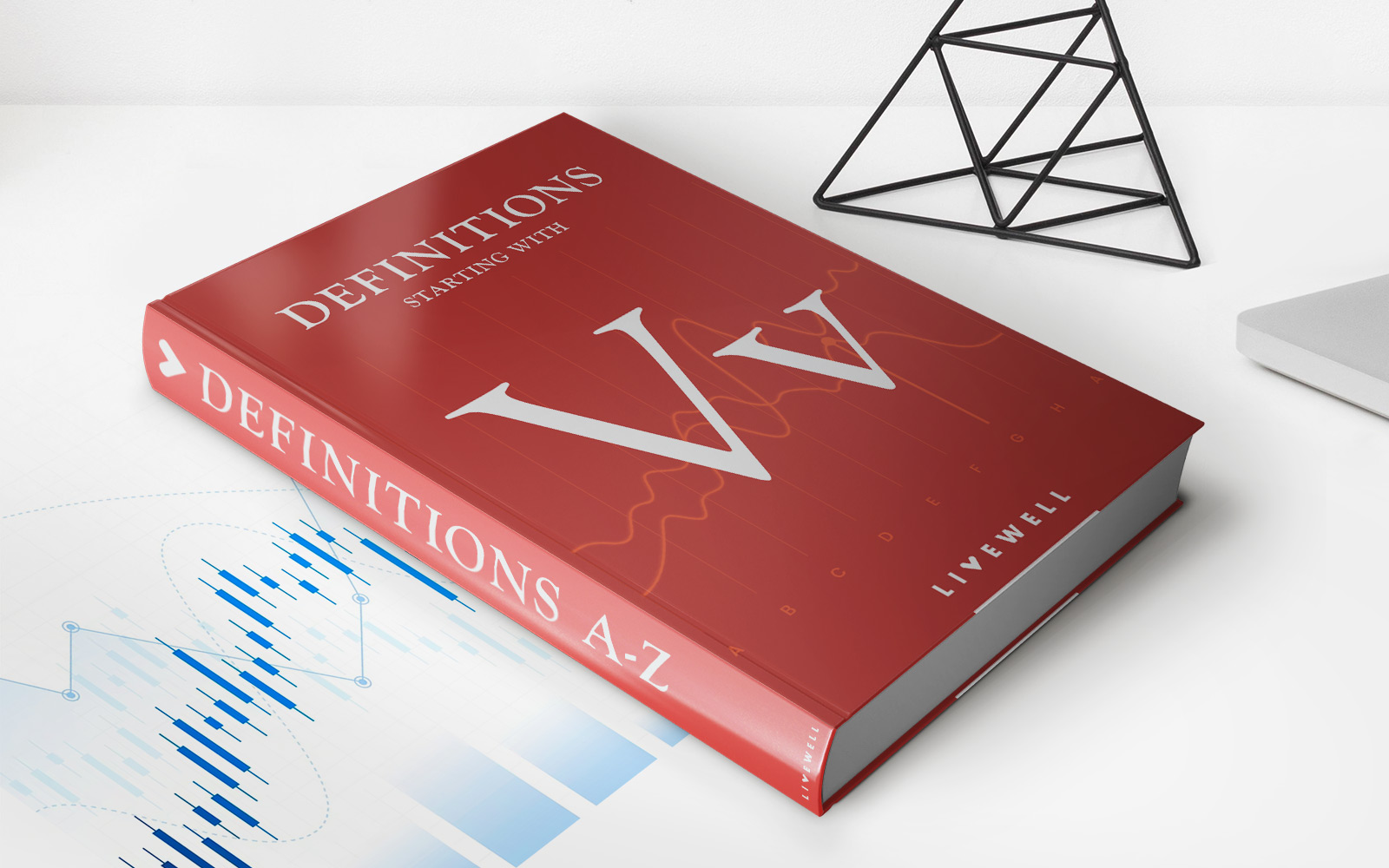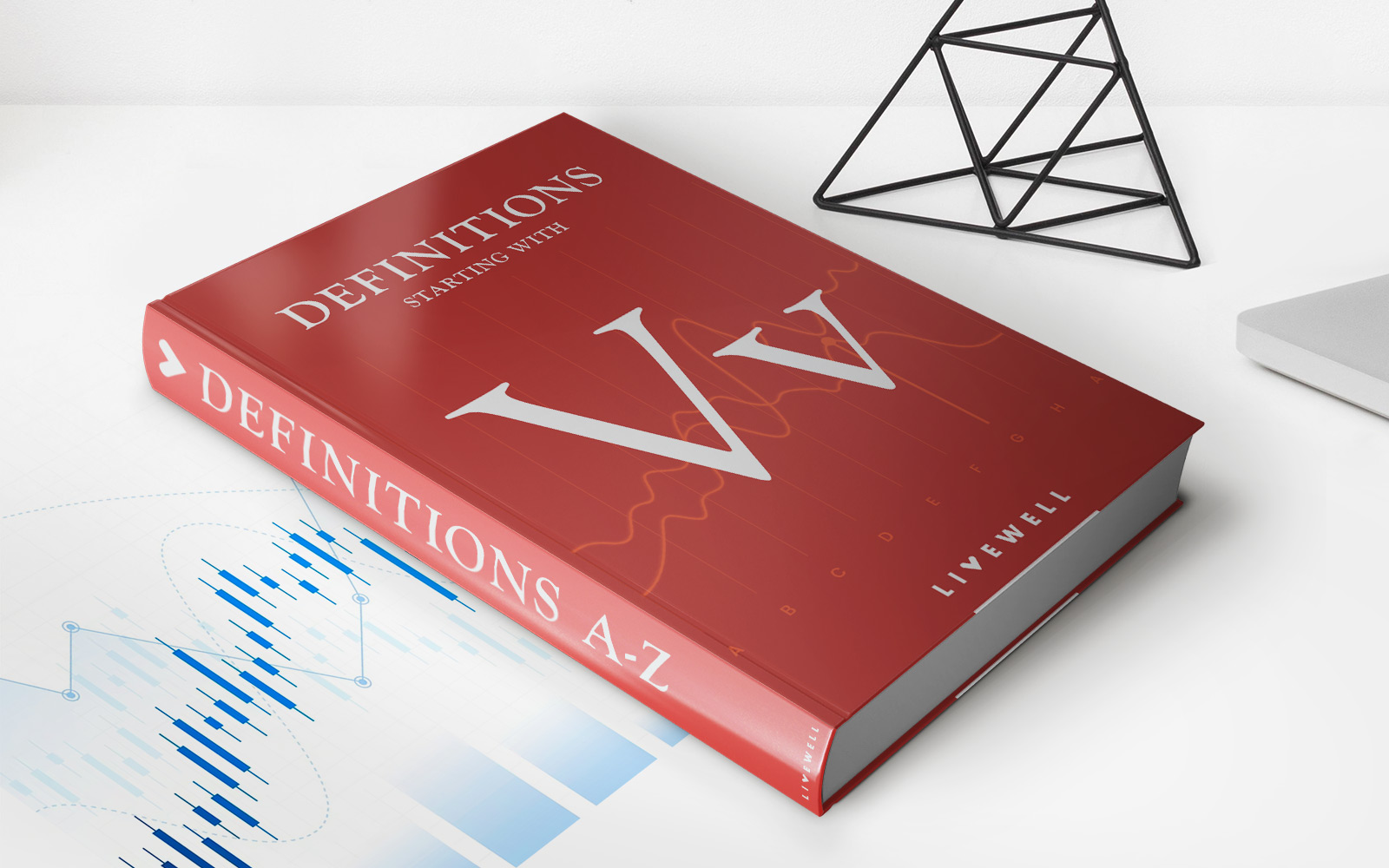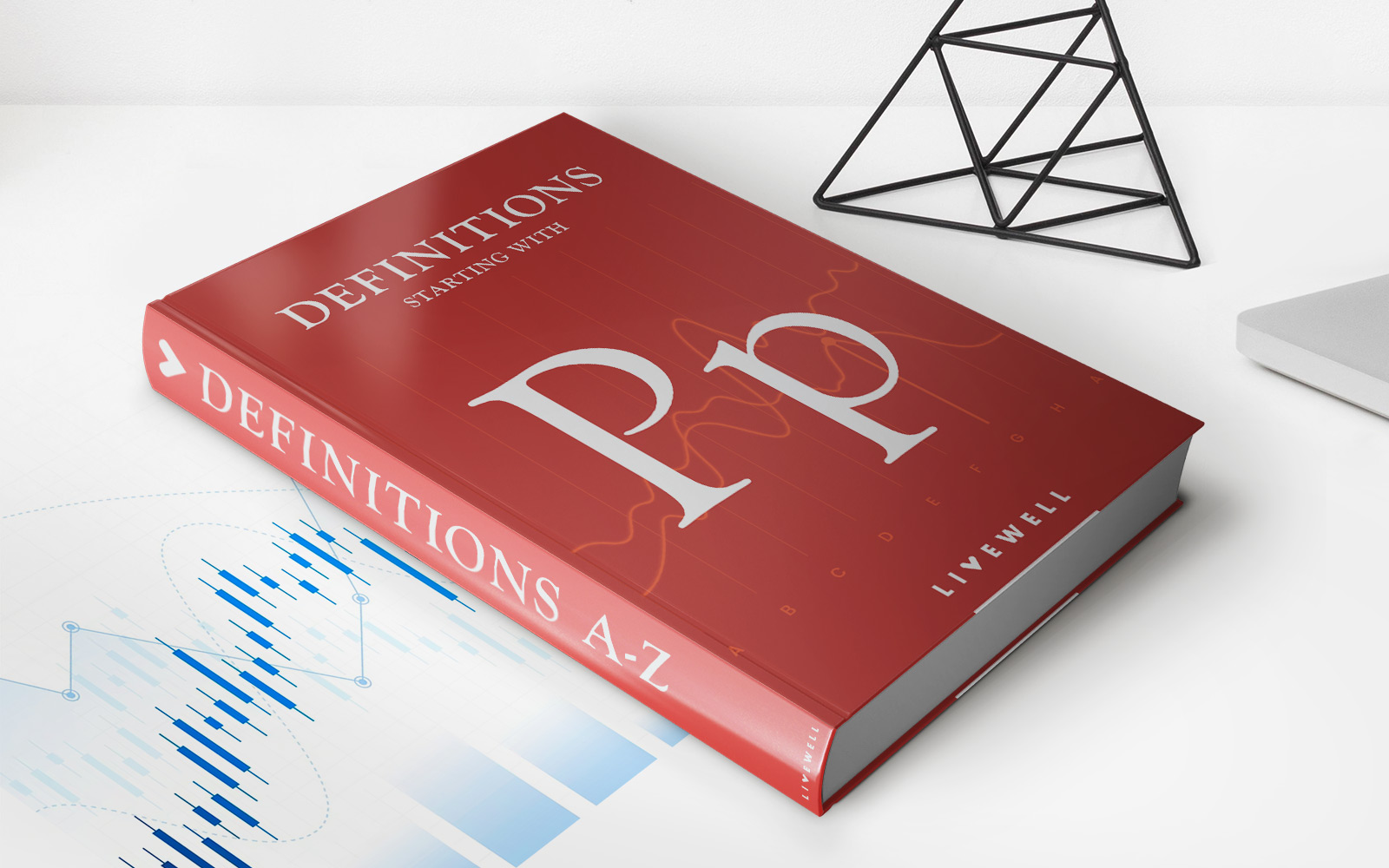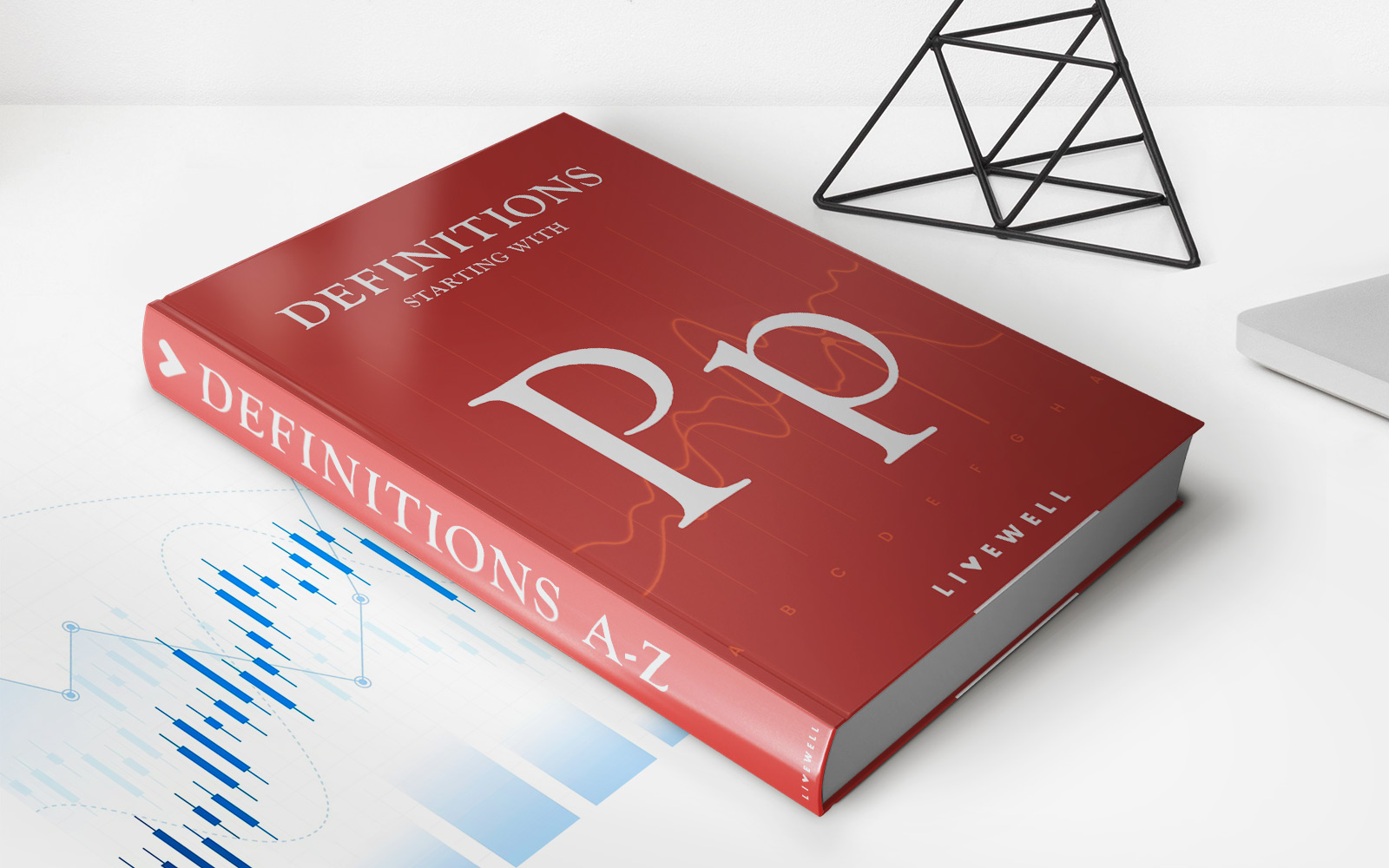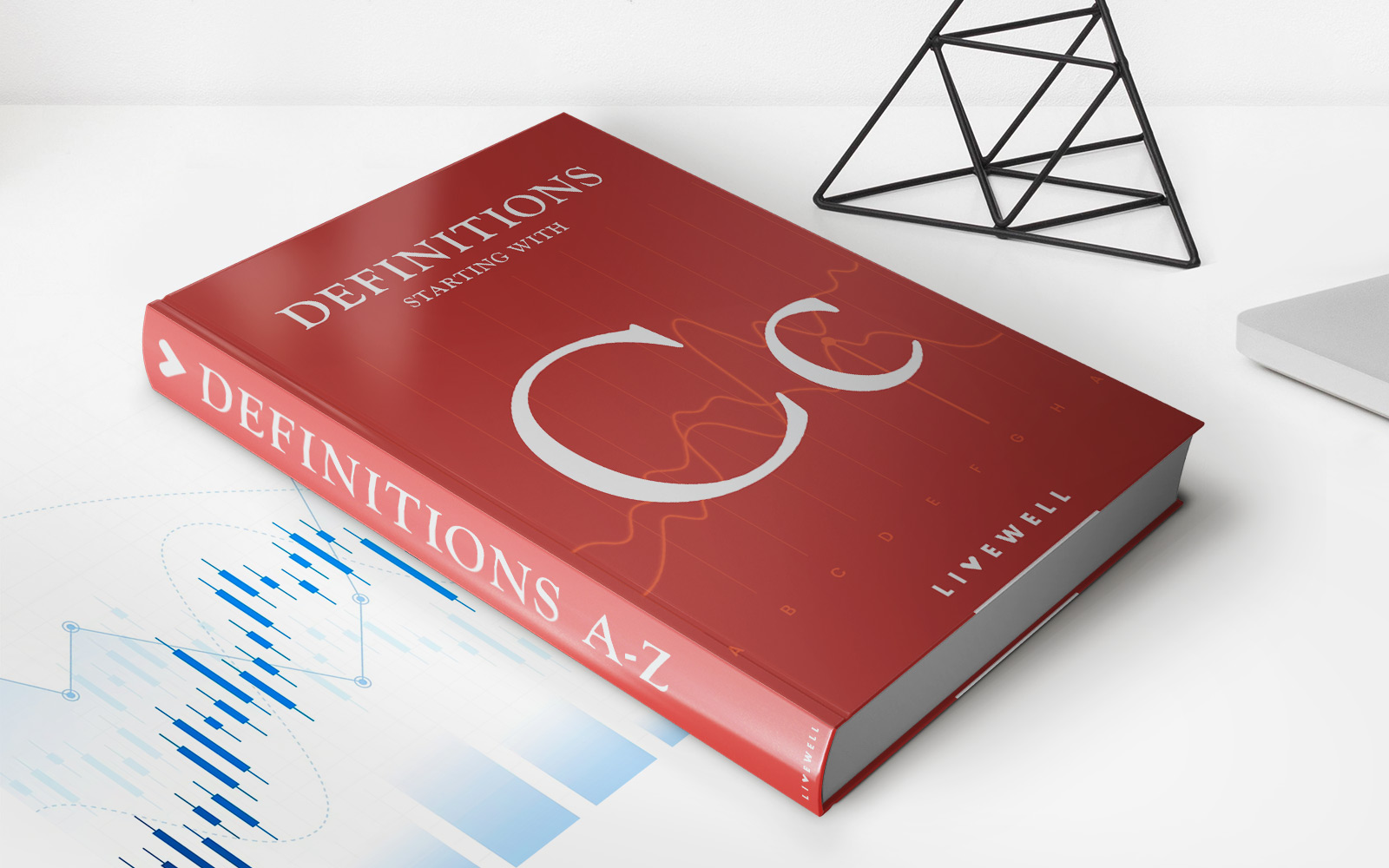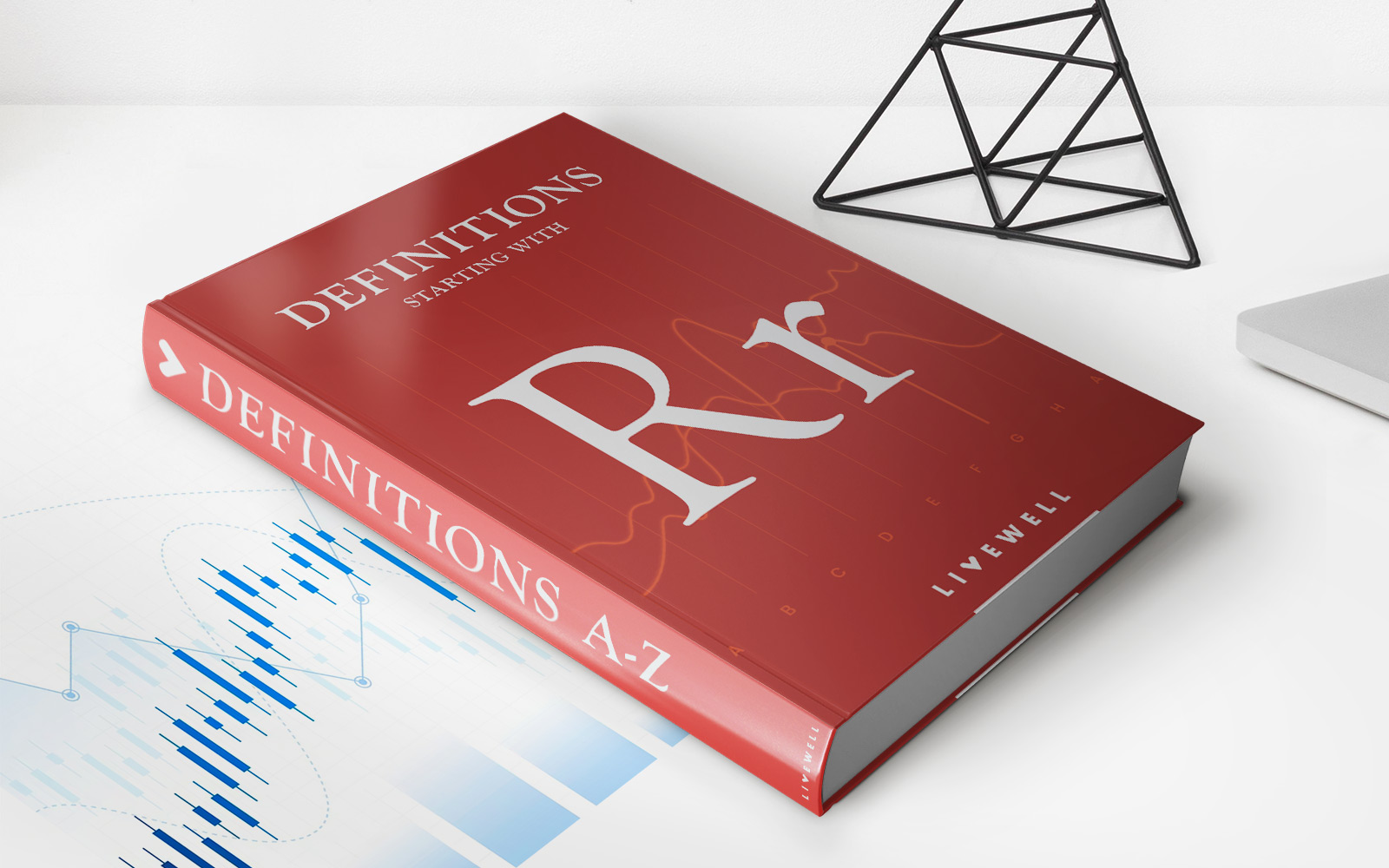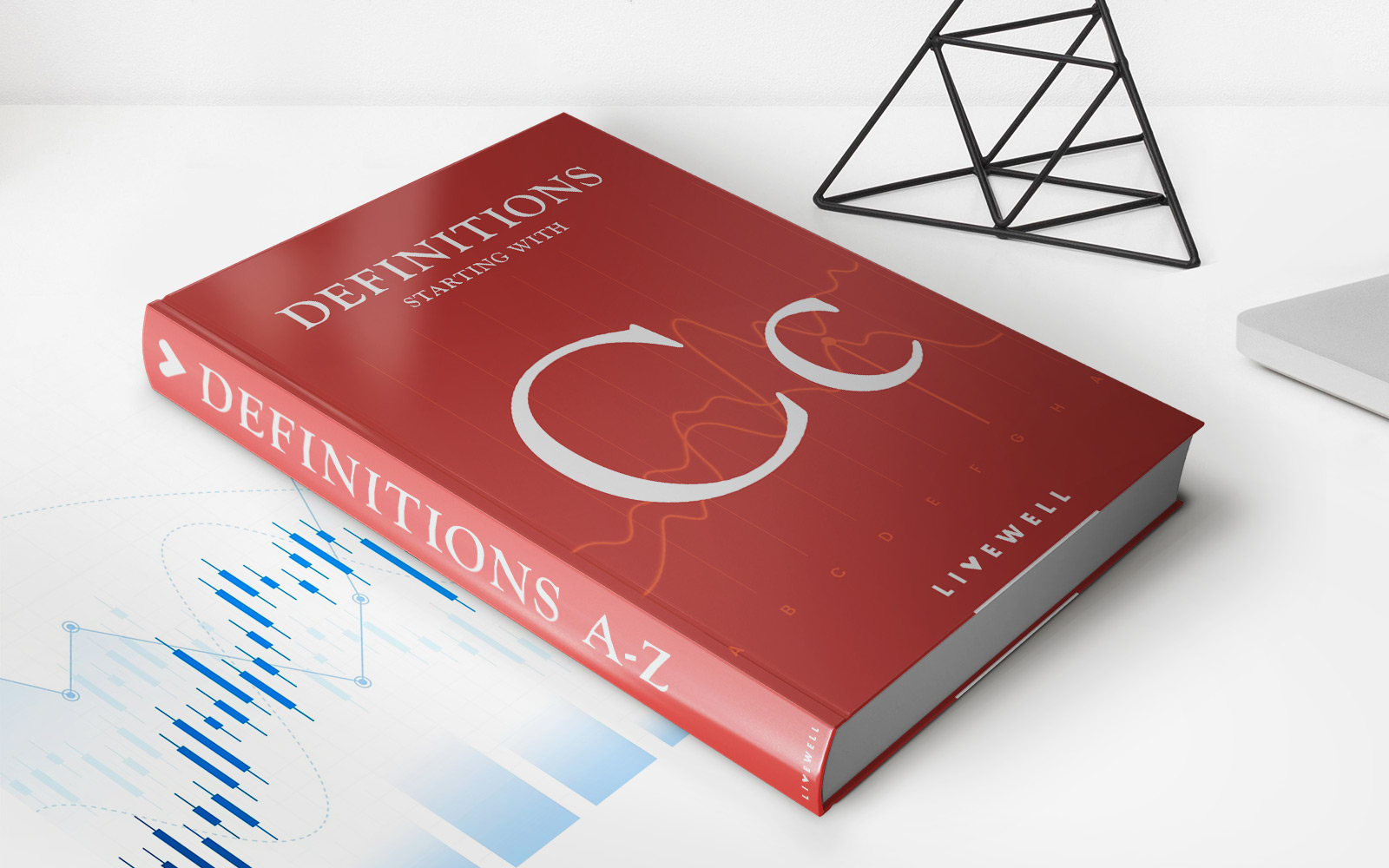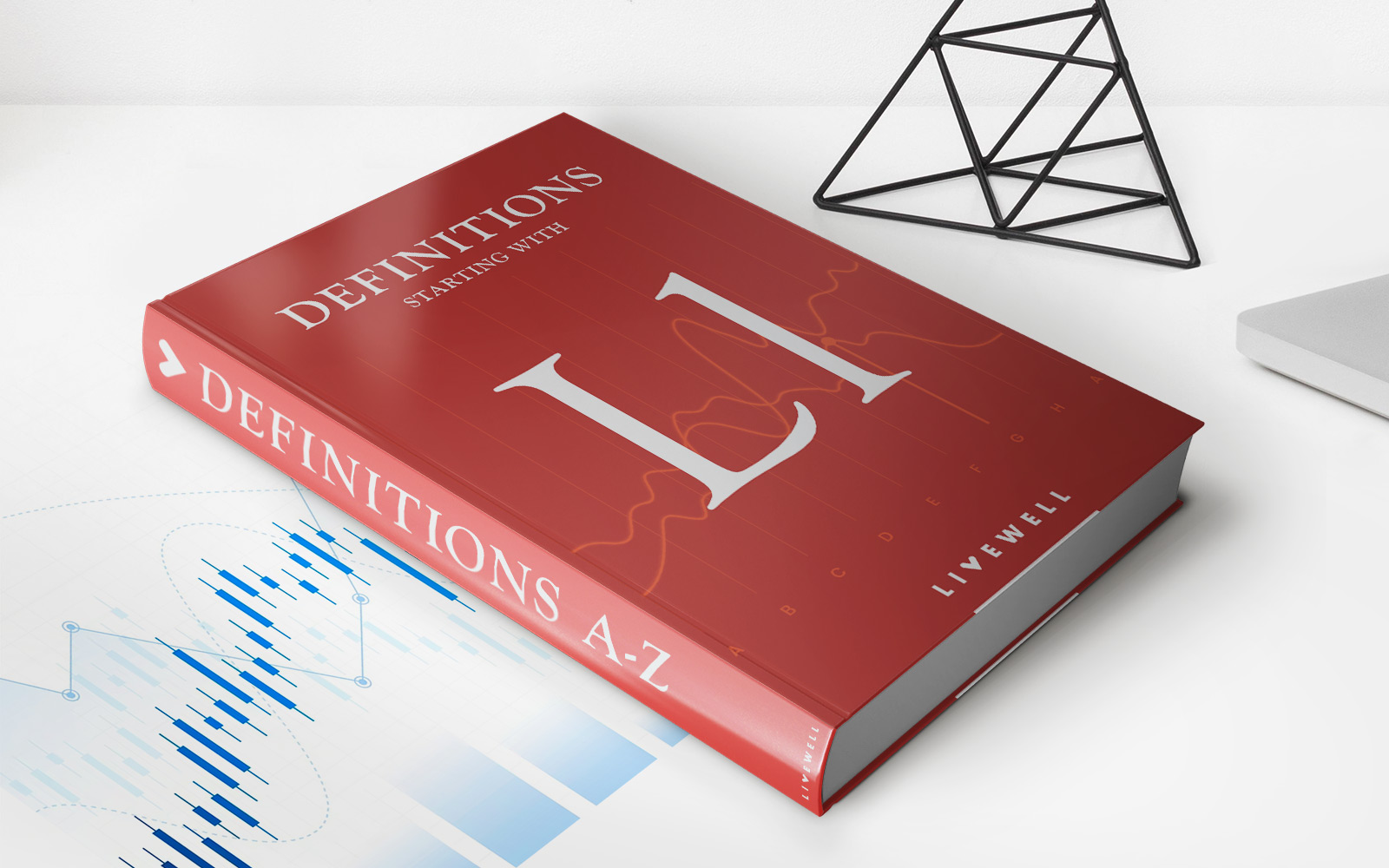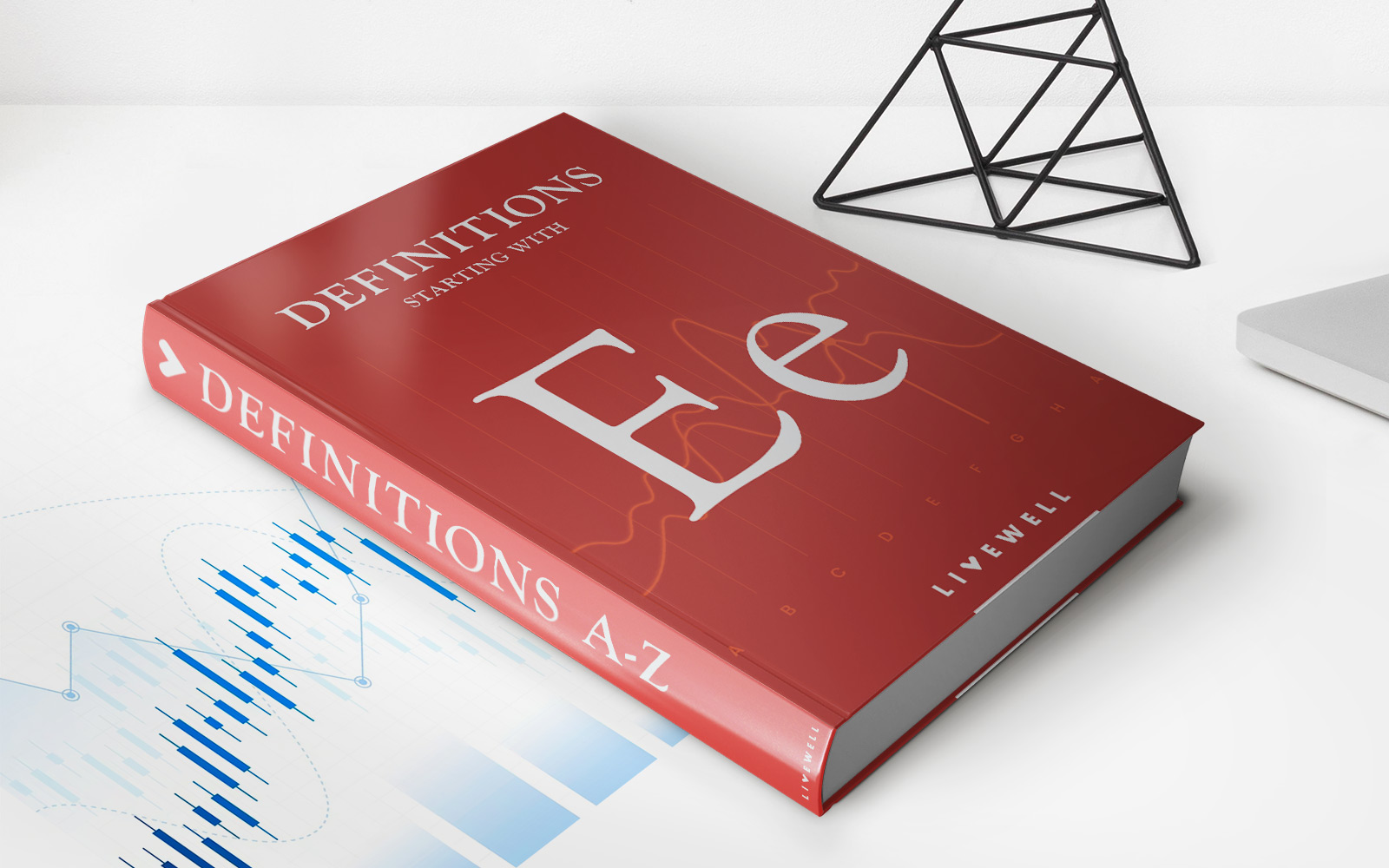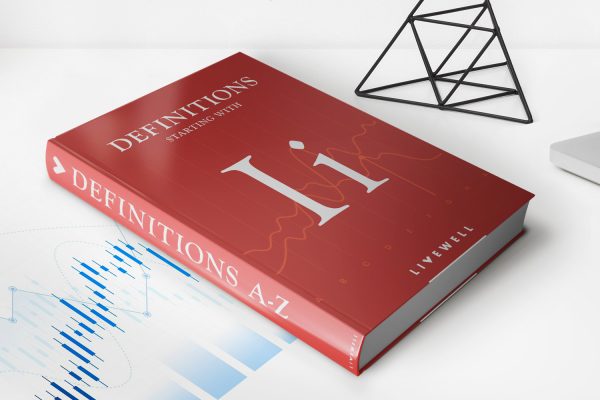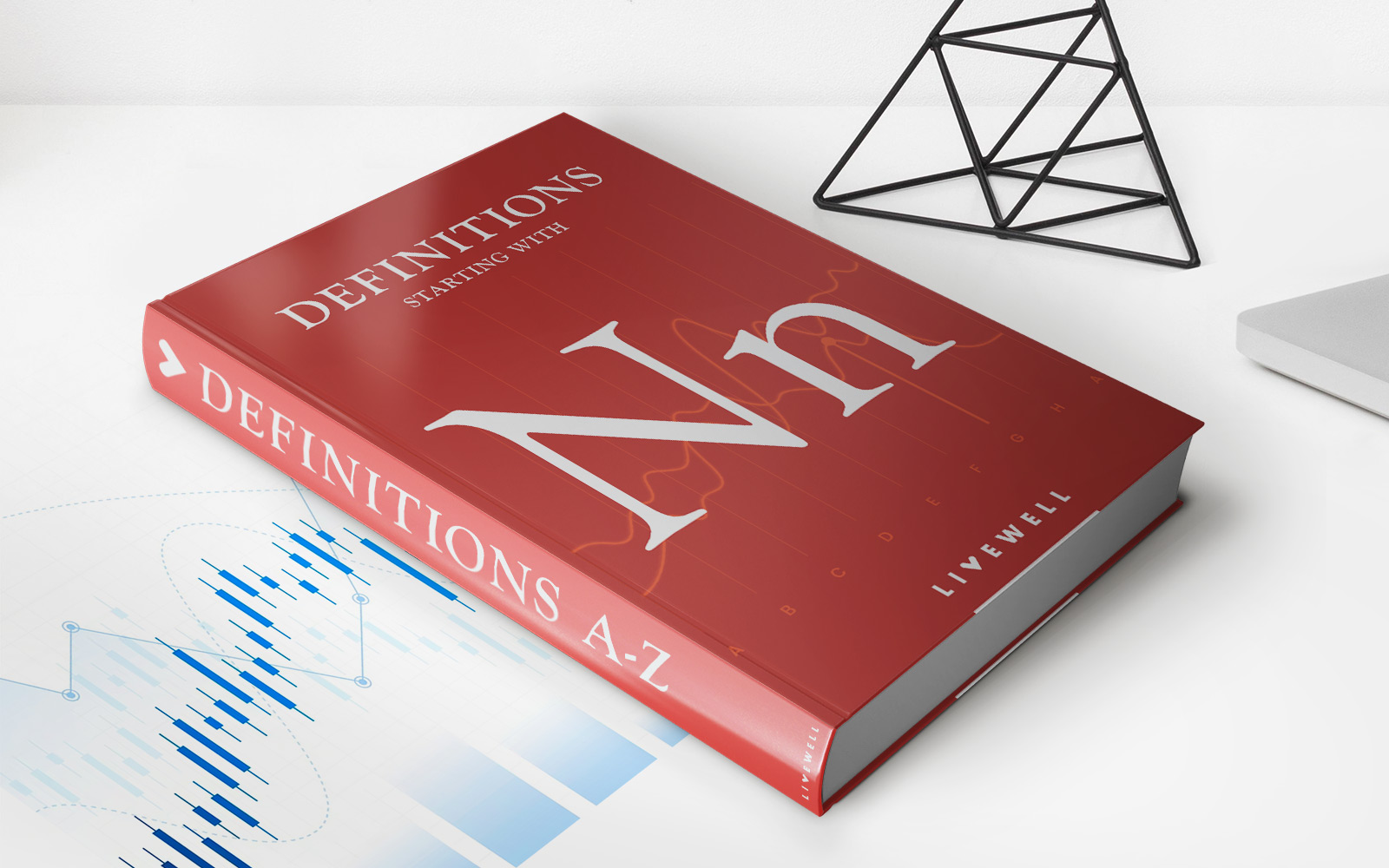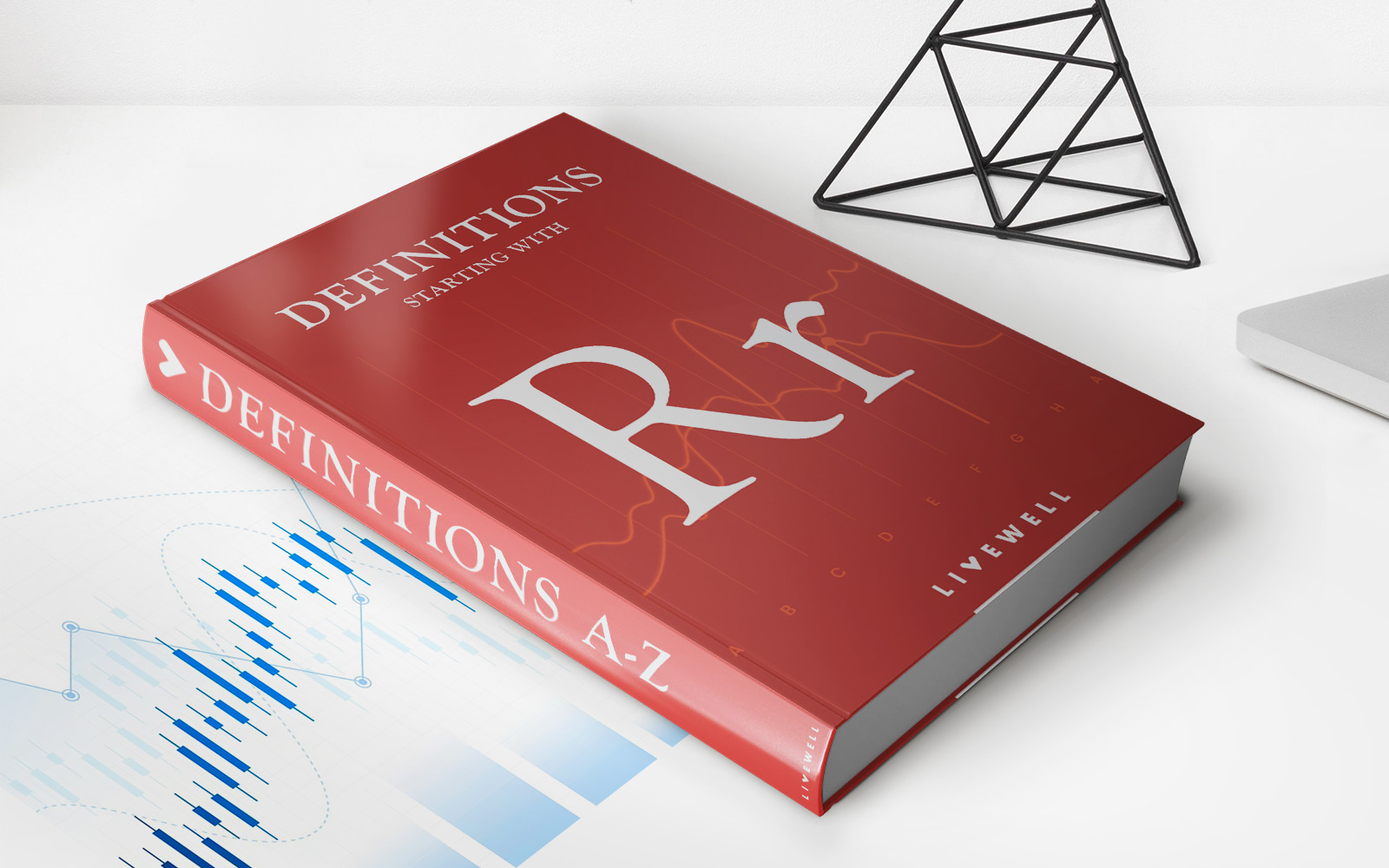

Finance
Reservable Deposit Definition
Published: January 19, 2024
Learn the meaning of reservable deposit in finance and how it impacts your financial transactions. Explore the definition, importance, and examples.
(Many of the links in this article redirect to a specific reviewed product. Your purchase of these products through affiliate links helps to generate commission for LiveWell, at no extra cost. Learn more)
Reservable Deposit Definition – What You Need to Know
When it comes to financial management, understanding key concepts is crucial. One such concept is reservable deposits. But what exactly does this term mean, and why is it important? In this blog post, we will delve into the definition of reservable deposits and explore their significance in the world of finance.
What are Reservable Deposits?
Reservable deposits refer to funds held by financial institutions, such as banks or credit unions, that must be kept in reserve to comply with regulatory requirements. These requirements are usually set by central banks or government authorities and aim to ensure the stability and integrity of the financial system.
In simple terms, when individuals deposit money into their bank accounts, these funds become reservable deposits. Banks are then obligated to keep a certain percentage of these deposits as reserves, rather than loaning or investing them. This reserve requirement helps safeguard the interests of depositors and maintain the overall stability of the banking system.
Key Takeaways:
- Reservable deposits are funds held by financial institutions that must be kept as reserves.
- They are subject to regulatory requirements to ensure the stability of the financial system.
Why are Reservable Deposits Important?
Now that we understand the definition of reservable deposits, let’s explore why they are important:
1. Financial Stability
Reservable deposits play a vital role in maintaining the stability of the financial system. By ensuring that banks hold a certain percentage of their deposits as reserves, authorities can mitigate the risk of bank failures and protect the interests of depositors. This helps create a secure and reliable banking environment, instilling confidence in the overall economy.
2. Monetary Policy Implementation
Reservable deposits enable central banks to implement monetary policy effectively. By adjusting the reserve requirements, central banks can influence the amount of money available for lending and investing. This, in turn, affects interest rates, inflation, and overall economic growth. Through controlling reservable deposits, monetary authorities can steer the economy in the desired direction.
Conclusion
Reservable deposits are a fundamental aspect of the financial system, helping to maintain stability and implement effective monetary policies. Understanding the definition and significance of reservable deposits is essential for individuals and businesses in managing their finances. By complying with regulatory requirements, financial institutions can contribute to a robust and secure banking system.
